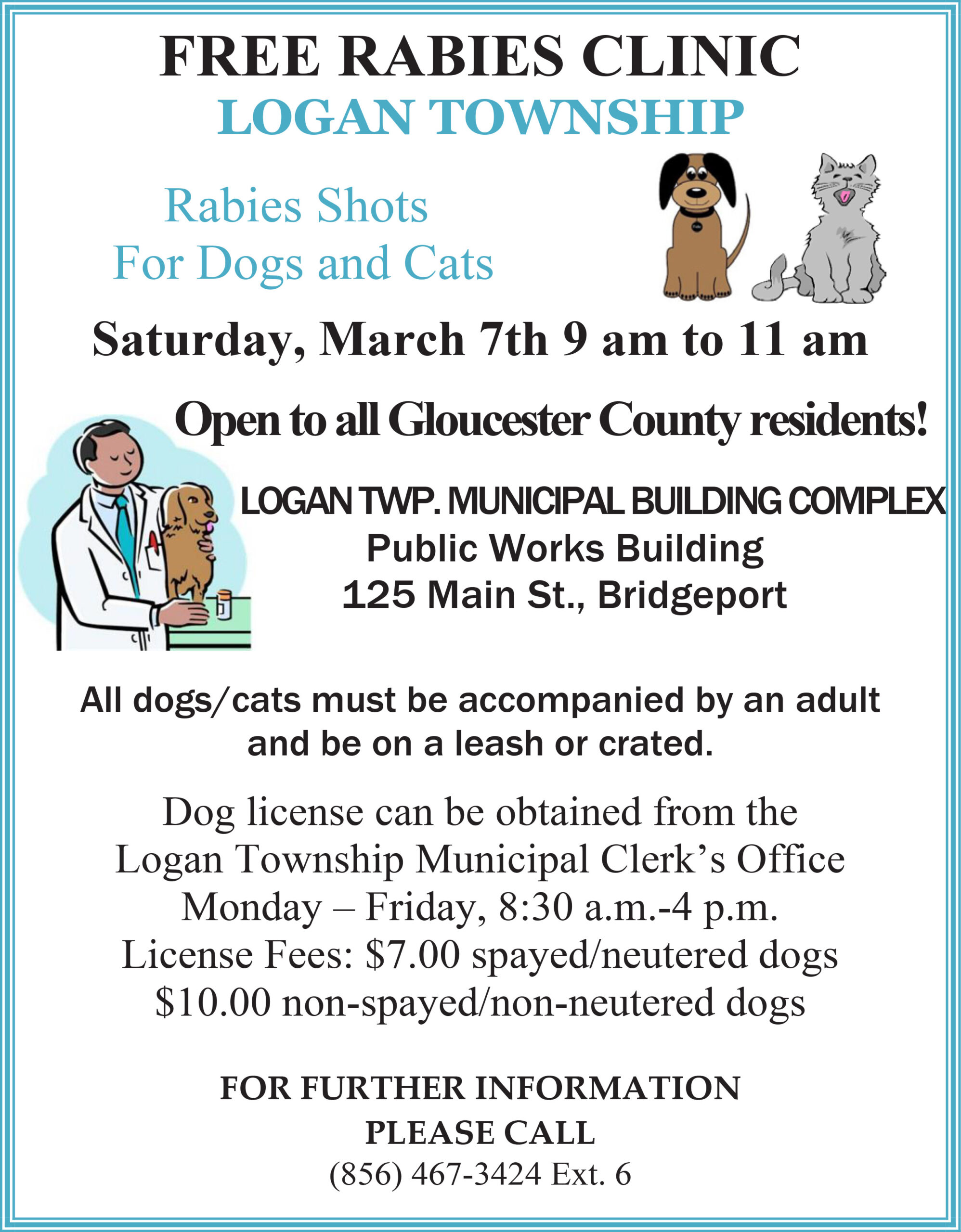
By Jenny Cowan
It was a typical December day in the nurse’s station at Charles G. Harker Elementary School. Veronica Snyder, the school nurse, had applied band-aids to hands skinned in gym class, ice packs for knees bruised in recess, and a place to rest for children not feeling well that day.
However, the day turned out not to be so typical after all. In between the usual stream of children coming in and out of the office, a young teacher walked in to Snyder’s office. He confided that he was feeling unwell, and had been having unusual chest pains.
Snyder, a nurse for over 22 years, quickly assessed the situation. Taking his vitals, and listening to him describe his symptoms, she knew that he needed to be evaluated by a doctor immediately.
Wasting little time, Snyder called 911, and within minutes the teacher was whisked away to the hospital. Snyder only found out later that this teacher, who prefers his name to be kept anonymous, had to undergo emergency cardiac surgery.
A simple trip to the nurse’s office that perhaps saved a man’s life.
Snyder only began working at Harker School this past September. She previously worked as a surgical recovery nurse. She admits that after working in the fast paced hospital system for so long, it has been a nice change coming to the school.
Most days don’t involve emergency situations or dialing 911, but Snyder feels like she is making a tangible difference in the lives of students even on the most mundane of days.
“Not a day goes by that I don’t feel rewarded. The best part of my job is the impact on the kids’ lives, helping them to stay healthy and get the most out of their education,” Snyder said of her new job in the school.
Snyder also noted that taking a proactive approach to health is especially important in the school, and is one of the best parts of her job. At the beginning of the year Snyder equipped each classroom with charts and posters, educating students on the importance of hand washing and how to cough without spreading germs. She hopes that next year she’ll be able to expand on this preventative education, working alongside teachers to keep the classroom healthy.
Snyder explained that as a healthcare provider in the educational setting, she emphasizes an open door policy with both the students and the staff. “The door is always open, and I want to always have a listening ear. It’s important that kids know that the health office is a place that you can always come to.”
It seems her efforts paid off that day when she was able to help prevent a much more serious health crisis for the teacher who needed heart surgery.
Snyder admits she is no stranger to the symptoms of cardiac failure. Just over 10 years ago, Snyder’s husband Jim experienced something known as “sudden death” when the electrodes in his heart stopped functioning properly.
Snyder, noticing her husband was having trouble breathing, began performing CPR and called 911. The first responders, using a portable external defibrillator, were able to shock her husband’s heart back into rhythm and saved his life.
After the incident, Snyder discovered that her town only had one defibrillator for every five police cars. She realized how lucky her husband had been that the police who responded happened to have one in their car.
Snyder then helped to organize a local effort to raise enough money to put a defibrillator in every police car in her township.
Snyder was quick to explain that she does not consider herself a hero. She said that she did what any nurse would have done in the same situation. However, the close call with her husband has clearly made her passionate about heart disease and prevention.
Snyder has brought her passion for cardiac health and safety into her new position at the school.
She noted that this past September, “Janet’s Law” went into effect in the state of New Jersey. The law is in memory of Janet Zilinski, an 11-year-old Warren resident who died of sudden cardiac arrest following cheerleading practice.
The law requires public schools to have automated external defibrillators (AED) for youth athletic events and to establish certain plans relating to sudden cardiac events. The AED must be unlocked and accessible during the school day as well as during school-sponsored activities.
The need for accessible AEDs is easily proven. The American Red Cross states that over 350,000 people will suffer from sudden cardiac arrest this year alone. The Red Cross also supports the position that improved training and access to AEDs could save 50,000 lives each year.
Snyder explained that Harker School, one of four elementary schools serving the Swedesboro-Woolwich School District, already had one AED in place prior to the law taking effect in September. However, the passage of the law prompted the school to reevaluate its preparedness for a situation requiring the use of an AED.
The Red Cross statistics show that the average response time for first responders once 911 is dialed is 8 to 12 minutes. For each minute defibrillation is delayed, the chance of survival is reduced approximately 10 percent.
Snyder, intimately aware of the life-saving power of the AED, helped to lead an emergency response team comprised of seven staff members, who began reviewing the school’s plan of action. Most of the team, made up of school staff, does not have a medical background. However, each member of the team is certified in CPR and has been educated on how to use an AED in the instance that it is needed.
The emergency response team took into consideration the large size of the school, which serves over 850 third through fifth graders each day, in addition to numerous additional staff members. In a school that size, the team felt that one AED was simply not enough. Though the school had already complied with Janet’s Law, they made a recommendation to the school’s principal, Karen Pszwaro, that the school purchase an additional AED.
Pszwaro was more than happy to agree. Pszwaro explained that due to the large student population, as well as the fact that the community uses the school for a number of functions, it was important to add an additional unit. So on Jan. 10, the school proudly installed a new AED.
Pszwaro also had high words of praise for Snyder’s leadership. “Ronnie provides a sense of security as we are confident in her judgment. She is intuitive, identifying situations before they occur. Ronnie is new here, but we feel as if we’ve worked with her for many years.”
The students at Harker feel the same. “She makes me feel better. She’s a great nurse,” said Amiah Gary, a fourth grader.
“She’s really nice. She makes sure you feel better before you leave,” said fifth grade student Andrew Doyle.
Snyder, uncomfortable in the spotlight, laughs off the praise. However, the passion she has for her job is evident, and has made all the difference in the school.
Snyder also noted that more than anything, she wants people to remember that it is important not to ignore symptoms. The teacher who felt ill in December did the right thing by reporting his symptoms.
Snyder explained that February is American Heart Month and that this is a good time to become aware of the signs and symptoms of a heart attack. Snyder noted that heart problems can affect anyone at any age.
She gave the example of her husband. Just weeks before his cardiac arrest he had completed a 150-mile bike race, was in great shape, and took good care of himself. His example makes it clear that cardiac arrest can happen to anyone.
The official website of the American Heart Association, www.heart.org, lists the most common symptoms of a heart attack as chest discomfort such as pressure or pain, shortness of breath, nausea, and discomfort in arms, back, neck, or jaw. Symptoms can often disappear, and then come back, and the AHA notes that while some heart attacks are sudden and intense, most begin with mild pain or discomfort.
The most important thing a person can do is report his or her symptoms to a doctor as soon as possible.
Snyder is just one of a team of people working hard to keep students and staff safe and healthy in our schools. However, with her background as a hospital nurse, her passion for healthcare, and her heart for children, it is easy to see why colleagues and parents alike consider her an invaluable asset.








2 Responses
What a great article on my wonderful friend! Thank you so much.
Super Nurse!!!! Your so good at what you do. Your a special person that makes everyone feel good. I’m glad that we’re friends.